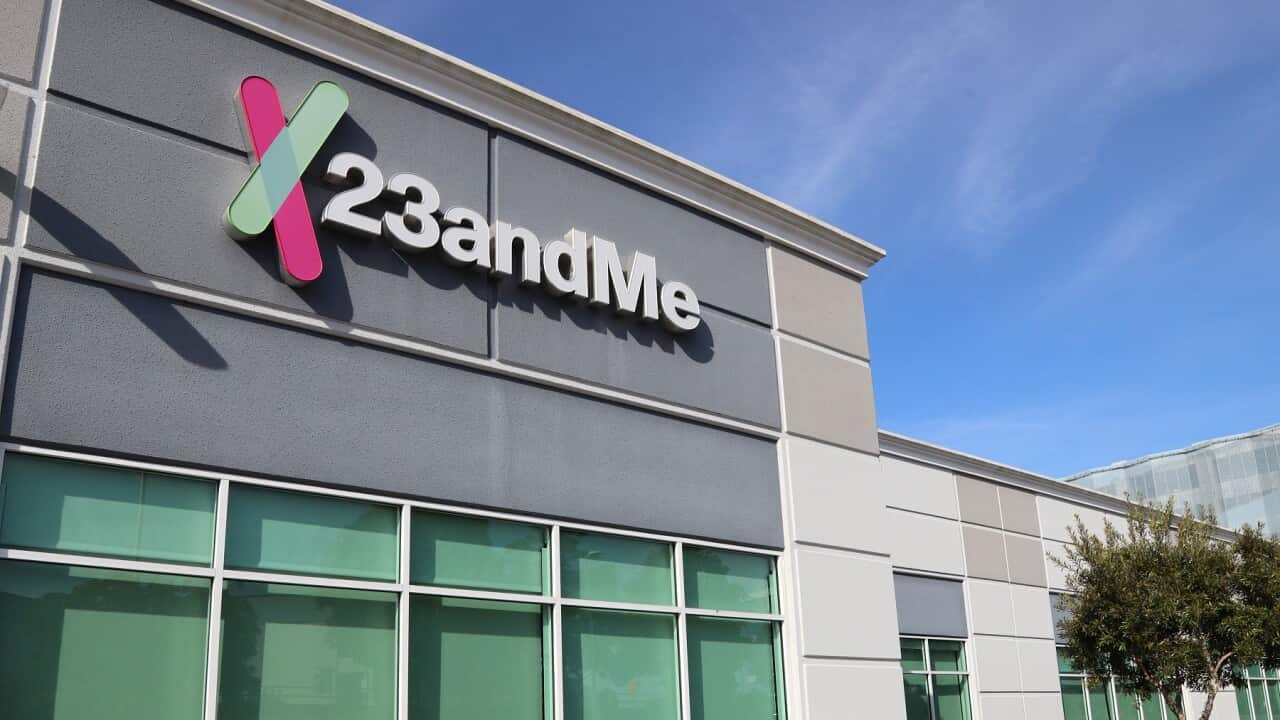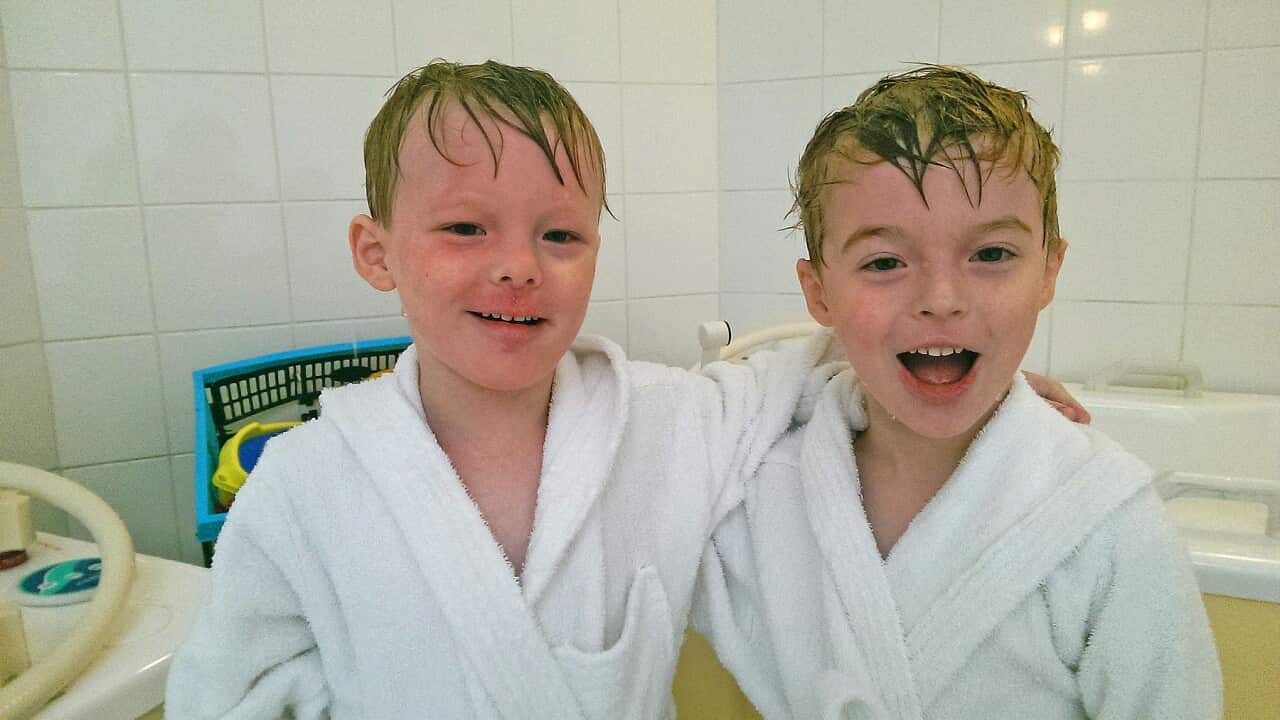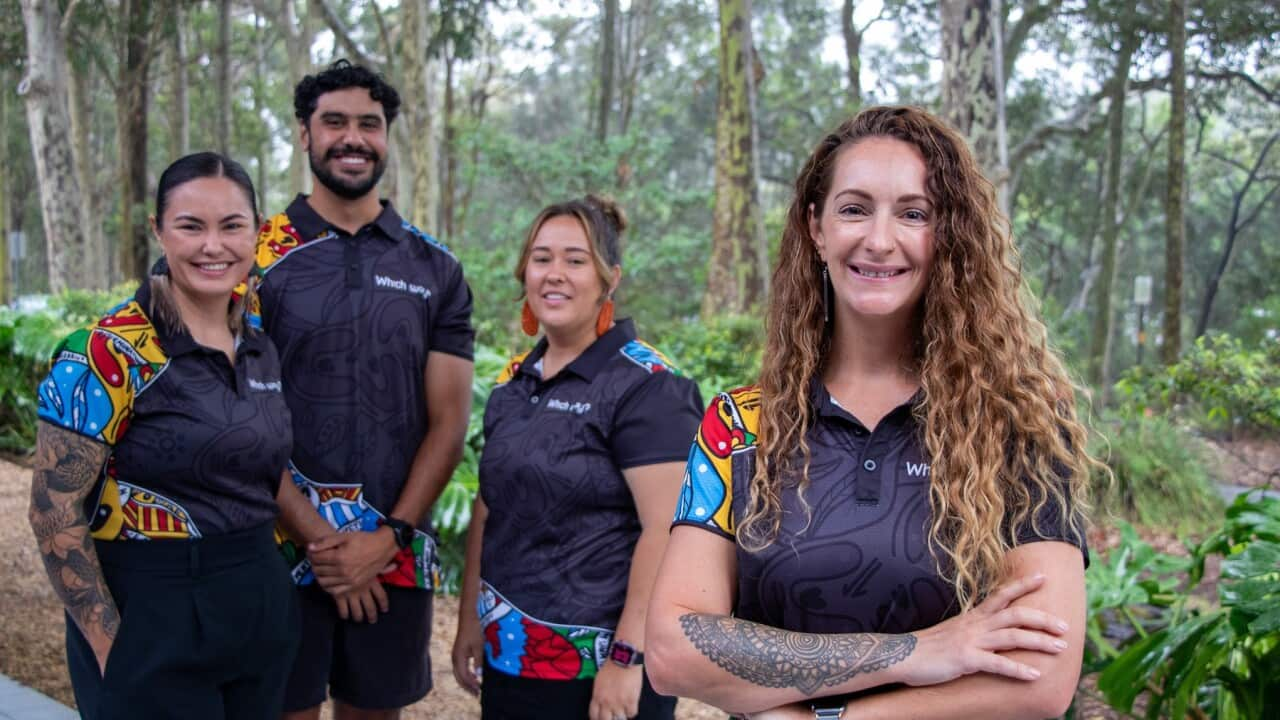TRANSCRIPT
Earlier this year, a report co-authored by the psychiatrist and former Australian of the Year Patrick McGorry warned that the mental health of young Australians is rapidly declining.
His warning referred to statistics from the National Study of Mental Health and Wellbeing, which reveals the prevalence of mental health disorders in 16-24 year-olds rose by 50 per cent over 14 years - from 26 per cent in 2007 to 39 per cent in 2021.
Using data collected between 2020 and last year, the same study now reveals 50.3 per cent of the LGBTIQ+ population suffer from anxiety disorders, compared with 15.9 per cent for heterosexual respondents.
One in four LGBTIQ+ young people has attempted suicide at some point while six in 10 have accessed counselling.
The Chief Executive Officer of LGBTIQ+ Health Australia, Nicky Bath, says the statistics speak for themselves.
"When we see the high health disparities that are lived every day by many LGBTIQ+ people, you can't escape from what that data is saying and there does need to be well-planned and well-resourced responses, and how we do that and the conversations that we're having I think we've stepped closer to being able to achieve better health for LGBTIQ+ people."
The federal government has a new ten-year health plan for the sector and has announced $26 million for investment in LGBTIQ+ health research.
Nicky Bath says while that significant funding for research is welcome, there are challenges when it comes to service delivery for the community-controlled health organisations.
"The majority of those organisations, they do get some government funding, but insufficient funding and it varies by jurisdiction. One of the things I always say is that you can test how good our health and wellbeing is by the health of our organisations and overall the health of our organisations is not good enough."
She says addressing that challenge doesn't just mean trying to convince governments to give more to the sector.
"When we're talking about investment, we're not always talking about new money either. We're talking about existing funding pots and making sure that the procurement processes for those funding pots is done in a way that that money gets where it is most needed and we don't see that happening all of the time at the moment."
One of the outreach services available to the community is QLife which provides phone and web chat support from 3pm to midnight every day.
Colin is a longtime volunteer with Western Australia's QLife partner, Living Proud.
He's been helping out since 1981.
His motivation to help LGBTIQ+ people came after suffering discrimination on two occasions when he applied for jobs.
The two employers were both affiliated with Christian denominations and withdrew job offers once they worked out his sexuality.
“I thought I had the position and then I got a message to say we have to have another conversation and discussion with someone. It sounded like someone a bit further up the food chain and when we discussed it she said 'oh, this is a very old organisation, we've got lots of rules and procedures' and all this sort of stuff but really what it was about is they put two and two together and it was like the proverbial elephant in the corner of the room that no-one mentions, and basically the job offer was withdrawn."
One change he's noticed when doing phone counselling is there are more calls from trans and gender diverse people.
"Probably more trans people ringing up nowadays than when it first started. When I started it was comparatively rare but nowadays it's quite common."
Nicky Bath, from LGBTIQ+ Health Australia, says providing better access to what she calls 'gender-affirming' health services is a key priority.
"In relation to gender-affirming care, of course, there are terrible waiting lists across the country for people to access gender-affirming care and so, yes indeed, we do need to see greater investment and models of services being provided across the country."













